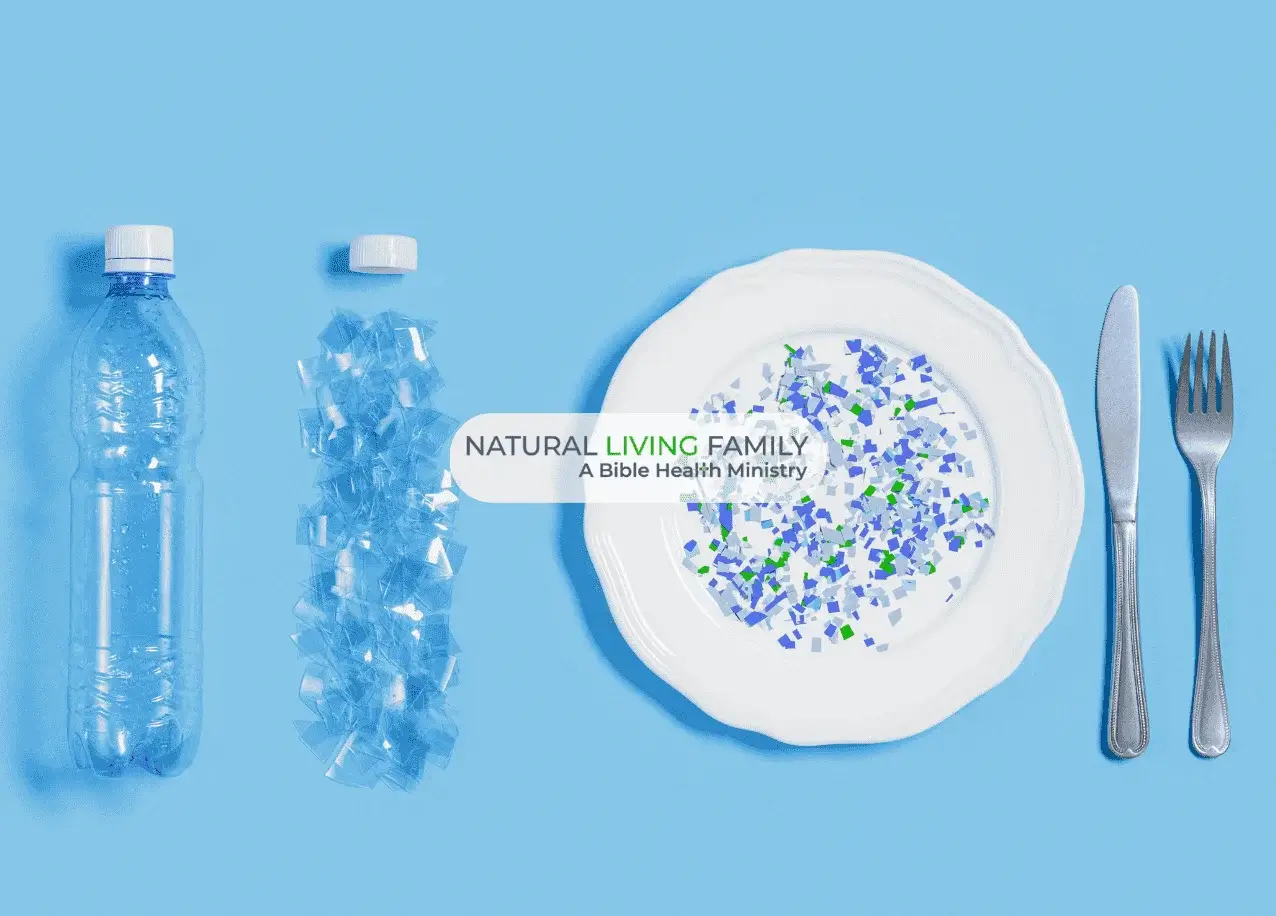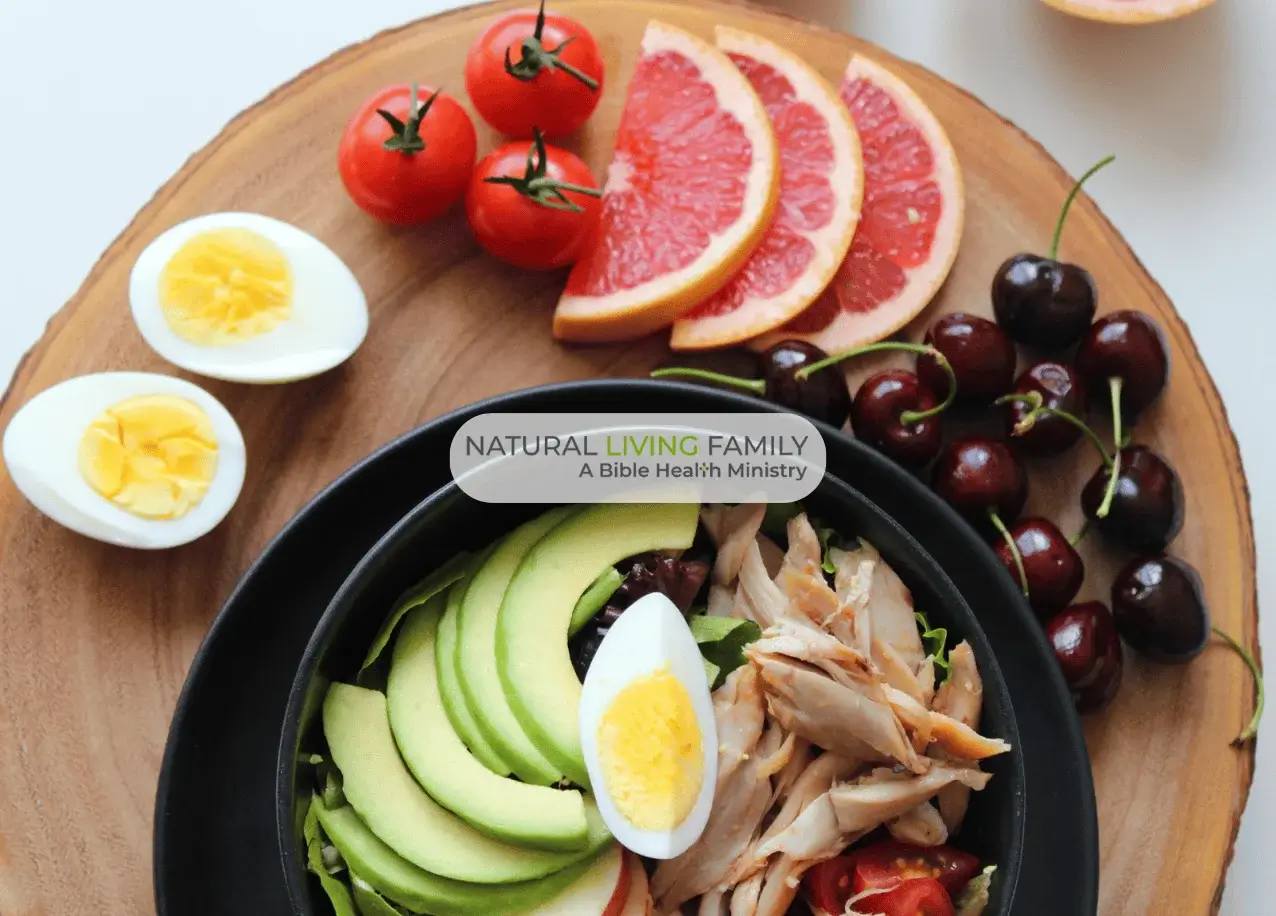Hemp seed benefits for human health are increasingly in the news. From their anti-inflammatory effects that benefit chronic pain conditions to their implications for improving cardiovascular health, it’s a wonder we don’t hear more!
But we know that there is some confusion for many of us when it comes to understanding the health potential of hemp seeds, and the plant they come from. Between the growing legalization of recreational marijuana and the numerous uses of hemp, the plant is seemingly everywhere we turn. In fact, I recently saw this headline: “Hemp seeds bound for Colorado seized at U.S. Canada border.”
Despite its well-known superfood aspects, commercial hemp weighing hundreds of pounds was seized in North Dakota while on its way to Colorado from Canada. I guess this is just one of the unavoidable side effects of different states having different regulations for recreational marijuana. And since hemp is from the cannabis plant, it can create uncertainty. So it’s important to take a look at what the truth is about the health benefits of hemp seeds, how it compares to marijuana or CBD, and more.
Table of Contents
Differentiating Hemp from Marijuana
I am sure we’re all up to date on the definition of marijuana, so I will skip past that. However, industrial or commercial hemp-derived products can be a little more confusing since it all comes from the same plant as the drug.
Hemp seeds come from the Cannabis sativa L. plant but contain only trace amounts of THC—the psychoactive compound found in marijuana. Instead, they are prized for their rich source of plant-based protein, healthy fats, and bioactive compounds.
Often referred to as hemp hearts, these small, nutty-flavored seeds can be consumed raw, roasted, or ground into flour.
Hemp seed oil, derived from cold-pressed seeds, is another popular way to incorporate their nutritional benefits into your diet. Hemp oil can even be used as a carrier oil to dilute essential oils. You can even find hemp milk on the shelves now!
Sadly, because hemp hearts have trace amounts of naturally occurring tetrahydrocannabinoids (THC), hemp has been lumped into the same category as the drug or as CBD supplements since the 1950s.
What is THC?
Tetrahydrocannabinoids, or THC, has been extensively researched over the years. What’s important is that science has proven that THC actually has major health benefits with few side effects when it’s not smoked. And I mean MAJOR health benefits. THC has the ability to cure everything from asthma to cancer.
THC can possibly even reverse deadly cancers, such as glioblastoma multiforme (a form of brain cancer), according to the British Journal of Cancer. These results have been confirmed by the journal Breast Cancer Research and Treatment when it comes to advanced stages of breast cancer and by researchers at the University of Rostock, Germany for lung cancer. This list goes on and on …
Hemp is not nearly as powerful as marijuana, containing only about .03 percent to 1.5 percent THC. Compare that to marijuana, which contains about 5 to 10 percent THC.
This is important for two reasons:
- When enjoying hemp seed benefits, you will not experience the same high as smoking marijuana.
- Eating hemp is enormously beneficial.
Still, since hemp is considered pot’s “non-intoxicating” cousin, federal law under the U.S. Farm Bill demands that the U.S. Drug Enforcement Agency (DEA) monitor and approve all hemp imports.
Many Uses of Hemp Plants
Hemp has many uses. In fact, it is one of the most diverse crops in the industrial world and hemp products can be found in many industries.
Hemp fibers are some of the longest and most durable plant fibers on the planet making it perfect for commercial use. Hemp plants can be grown without pesticides or herbicides.
Here are just a few of the major commercial uses for hemp:
- Textiles
- Plastics
- Health food
- Cleaning products
- Building materials
- Baby care products
Nutritional Composition of Hemp Seed
“Despite its use in our diet for hundreds of years, hempseed has surprisingly little research published on its physiological effects,” according to the St Boniface Hospital Research Centre out of the University of Manitoba and Institute of Cardiovascular Sciences.
“This may have been in the past because the psychotropic properties wrongly attributed to hemp would complicate any conclusions obtained through its study. Hemp has a botanical relationship to drug/medicinal varieties of Cannabis. However, hempseed no longer contains psychotropic action and instead may provide significant health benefits. Hempseed has an excellent content of omega-3 fatty acid and omega-6 fatty acids.”
Hemp seeds can help improve your omega-3 index because hemp seeds contain approximately 2,600 mg of alpha-linolenic acid (ALA), a type of omega-3 fatty acid, in just 3 tablespoons. This significant amount of ALA can contribute to increasing your overall omega-3 levels.
Most plants don’t have nutritional profiles that can compare with hemp’s bioactive compounds. Here are a few nutritional facts about the health benefits of hemp:
- Promotes heart health with a 3:1 balance of omega-3 and omega-6 fatty acids.
- Has both digestible and non-digestible fiber.
- Rich in gamma linoleic acid (GLA), which is essential to the fatty acids in egg yolks and vegetable oils.
- Contains not only all 20 amino acids but the 9 essential amino acids that our bodies cannot produce as well, making it the “perfect protein.”
Hemp seeds are packed with essential nutrients in significant quantities:
- Protein: They contain all nine essential amino acids, making them one of the richest sources of plant-based protein. About 25% of their total calories come from high-quality protein.
- Heart-Healthy Fats: Rich in omega-3 and omega-6 fatty acids, including gamma-linolenic acid (GLA), in an optimal ratio of 2:1 or 3:134.
- Vitamins (per 100 grams): High in vitamin E (90 mg), Vitamin D (22.77.5 IU mg), B vitamins, magnesium, phosphorus, potassium, zinc, iron, and calcium.
- Minerals (per 100 grams): Zinc (7 mg), Potassium (859 mg), Phosphorus (1160 mg), Manganese (7 mg), Magnesium (483 mg), Iron (14 mg), and Calcium (145 mg)
What Makes GLA Unique
Out of all the anti-cancer treatments backed by the American Cancer Society, GLA is perhaps the most confusing. In addition to being a main element of cannabis, GLA is also found in black currant oil, borage seed oil, and primrose oil. It’s the fact that GLA is an omega-6 fatty acid that tricks people into thinking it’s unhealthy.
After all, we have been told time and again that omega-6 fatty acids are not good for us and that one of the leading causes of disease is an imbalance of omega-3 and omega-6 fatty acids. Just because most people don’t consume enough omega-3s doesn’t mean omega-6s aren’t good for us. After all, they are naturally occurring.
The issue remains that people in the United States eat too many processed foods and fast foods that are drenched in commercial-grade vegetable oil, a rich source of omega-6. If only people ate a diet consisting strictly of fruits, vegetables, and nuts, this would be a non-issue. But obviously, that isn’t the case.
What it ultimately comes down to is that we should increase our daily intake of omega-3, reduce our use of vegetable oil, and eat more GLA and omega-6-enhanced foods, such as hemp seed benefits.
It has been suggested by researchers at the American Cancer Society that too many people fighting diabetes, cancers, and certain allergies suffer from low levels of GLA. This means supplementation could be beneficial for them. Not only has science shown GLAs to help cancer drugs work more efficiently, but they can actually slow or reverse the progression of cancer overall in stand-alone treatments.
In addition,GLA-rich foods like hemp can also help with health functions such as:
- Skin conditions and allergies
- Rheumatoid arthritis
- Premenstrual syndrome
- Weight loss
- Multiple sclerosis
- High blood pressure
- Heart disease
- Diabetes and diabetic neuropathy
- Breast pain
- ADHD
7 Hemp Seed Benefits for Health
1. Complete Protein Source
Cleveland Clinic found that hemp seeds provide a superior amino acid composition compared to other plant proteins, supporting muscle growth, tissue repair, and immune function. In fact, unlike many plant-based proteins, the proteins from hemp seeds contain all nine essential amino acids, building blocks for complete proteins.
This makes them a complete protein source! The nine essential amino acids found in hemp seeds are:
- Histidine
- Isoleucine
- Leucine
- Lysine
- Methionine
- Phenylalanine
- Threonine
- Tryptophan
- Valine
The proteins from hemp seeds are highly digestible, surpassing the digestibility of proteins from many grains, nuts, and legumes. This high digestibility ensures that the body can efficiently utilize the amino acids provided by hemp seeds.
This makes them an excellent source of protein for vegetarians, vegans, and anyone looking to boost their protein intake naturally.
2. Supports Heart Health
Hemp seeds are rich in omega-3 and omega-6 fatty acids, particularly gamma-linolenic acid (GLA), which has been shown to support cardiovascular health by reducing inflammation, improving cholesterol levels, and lowering blood pressure.
Studies from the Cleveland Clinic suggest that the ideal ratio of omega-6 to omega-3 is 3:1—exactly the ratio found in hemp seeds!
Additionally, hemp seeds contain arginine, an amino acid that helps produce nitric oxide, which relaxes blood vessels and improves circulation. If you’re looking for a heart-friendly food, hemp seeds are a great choice!
Application: Sprinkle hemp seeds on oatmeal, salads, or yogurt to naturally support heart health.
3. Boosts Digestive Health
Your gut will thank you for adding hemp seeds to your diet! Hemp seeds are packed with dietary fiber, which supports healthy digestion by promoting regularity and feeding beneficial gut bacteria.
Did you know? The fiber content in hemp seeds helps prevent constipation while also stabilizing blood sugar and cholesterol levels!
The dietary fiber in hemp seeds contains both soluble and insoluble fibers. In fact, three tablespoons will contain approximately 1.2 g of fiber. Because fiber is essential for gut health, adding just a few tablespoons of hemp seeds to your daily diet can have a positive impact on digestion.
4. Anti-inflammatory and Antioxidant Effects
Chronic inflammation is linked to a wide range of diseases, including arthritis, cardiovascular disease, neurodegenerative conditions, and other autoimmune conditions. Fortunately, hemp seeds contain bioactive compounds such as gamma-linolenic acid (GLA), an omega-6 fatty acid with powerful anti-inflammatory properties.
Studies from PMC (National Library of Medicine) confirm that the phenolic compounds and fatty acid composition in hemp seeds exhibit anti-inflammatory and neuroprotective effects.
Because of these anti-inflammatory effects and antioxidant properties, regularly eating hemp seeds may help reduce pain, stiffness, and inflammation in the body.
5. Promotes Healthy Skin
Hemp seeds and hemp seed oil are often used in skincare due to their ability to reduce symptoms of atopic dermatitis, eczema, and dryness. Their fatty acid composition helps restore the skin’s barrier function and maintain hydration.
Additionally, the omega-3s in hemp seeds contribute to stronger, shinier hair, reducing breakage, and improving overall scalp health.
Application Tips: Add hemp seeds to smoothies, homemade granola, or energy bars to support glowing skin from the inside out! Additionally, you can try using hemp seed oil in any of our body care DIYs as a natural moisturizer to soothe irritated or dry skin.
6. Supports Brain and Neurological Health
The alpha-linolenic acid (ALA) and other essential fatty acids in hemp seeds contribute to cognitive function and neurological well-being. Research suggests they may have therapeutic potential for conditions such as Alzheimer’s and Parkinson’s disease.
In fact, A study published in 2023 found that hemp seed consumption significantly improved cognitive performance, particularly in tasks measuring executive function and planning capabilities. Participants showed improved scores on the Stroop and Tower of London tasks after consuming hemp seeds for 45 days.
If you’re concerned with preventing brain health decline and neurological conditions, consider how to add hemp to your diet.
7. A Natural Energy Booster
Hemp seeds provide a balanced macronutrient profile, making them an excellent choice for sustained energy. Hemp seeds are rich in magnesium, a mineral crucial for energy production at the cellular level. Adequate magnesium intake supports mitochondrial function and ATP synthesis, which are essential for maintaining energy levels.
Their combination of protein, healthy fats, and fiber helps maintain steady blood sugar levels and keeps you feeling full longer. Try starting your day out with Mama Z’s Chocolate Smoothie Bowl to get those hemp seeds in your diet right at the beginning of the day!
How to Incorporate Hemp Seeds Into Your Diet
One of the best things about hemp seeds is their versatility. They have a mild, nutty flavor and can be easily added to various foods like smoothies, oatmeal, yogurt, and salads. Here are a few simple ways to tap into the potential benefits and add them to your meals:
- Smoothies & Shakes: Blend hemp seeds into your bioactive smoothies for an extra boost of plant-based protein. You can even preplan by including them in your smoothie packets in the freezer for busy mornings.
- Nut Butters: Try homemade pumpkin seed butter with added hemp hearts for a nutrient-dense spread.
- Desserts: Make chocolate avocado mousse with hemp seeds for a decadent, healthy treat.
- Salads & Bowls: Sprinkle them on top of salads, grain bowls, and yogurt for a nutty crunch.
- Homemade Hemp Milk: Make hemp seed milk just like you’d make homemade almond milk. Blend hemp seeds with water, vanilla, and a touch of honey for a creamy dairy-free milk alternative.
Try some of these recipes and tips to add this incredible source of nutrition to your family’s diet! By incorporating hemp seeds into your regular meal plan, you’re not just nourishing your body—you’re also honoring the natural, God-given foods that support whole-body wellness.
Addressing Common Concerns
Hemp Seeds vs. CBD: What’s the Difference? – A common misconception is that hemp seeds contain CBD or psychoactive compounds. However, hemp seeds come from a different part of the plant and contain no THC or CBD. They are purely a nutritional food source.
Allergic Reactions & Precautions – While rare, some individuals may have hemp seed allergies. If you have a history of food allergies, consult your healthcare provider before incorporating them into your diet for their potential health benefits.
Hemp seeds are more than just a trendy superfood with a yummy, nutty taste—they’re a valuable source of plant-based nutrition for human health. The effects of hemp seeds support heart health, digestion, skin health, and more. With their rich source of omega fatty acids, bioactive compounds, and protein, they are a great addition to a holistic wellness routine.
References:
- Guzmán M et al. A pilot clinical study of Delta9-tetrahydrocannabinol in patients with recurrent glioblastoma multiforme. Br J Cancer. 2006 Jul 17;95(2):197-203.
- Ramer R, et al. Cannabidiol inhibits lung cancer cell invasion and metastasis via intercellular adhesion molecule-1. FASEB J. 2012 Apr;26(4):1535-48.
- McAllister SD, et al. Pathways mediating the effects of cannabidiol on the reduction of breast cancer cell proliferation, invasion, and metastasis. Breast Cancer Res Treat. 2011 Aug;129(1):37-47.
- http://www.cancer.org/treatment/treatmentsandsideeffects/complementaryandalternativemedicine/pharmacologicalandbiologicaltreatment/gamma-linolenic-acid
- http://www.cbsnews.com/news/hemp-seeds-bound-for-colorado-seized-at-u-s-canada-border/
- https://pmc.ncbi.nlm.nih.gov/articles/PMC6618208/
- Rodriguez-Leyva D, et al. The cardiac and haemostatic effects of dietary hempseed. Nutr Metab (Lond). 2010 Apr 21;7:32.
- Efficacy of dietary hempseed oil in patients with atopic dermatitis https://pubmed.ncbi.nlm.nih.gov/16019622/
- Biomolecules: “Hemp (Cannabis sativa L.) Protein Hydrolysates Promote Anti-Inflammatory Response in Primary Human Monocytes.”
- Nutraceutical potential of hemp (Cannabis sativa L.) seeds and sprouts https://www.sciencedirect.com/science/article/abs/pii/S0308814618307180?via%3Dihub
- Hemp Seed Oil Properties https://extension.okstate.edu/fact-sheets/hemp-seed-oil-properties.html
- https://pubmed.ncbi.nlm.nih.gov/36238310/
- https://pmc.ncbi.nlm.nih.gov/articles/PMC3481382/
- https://pmc.ncbi.nlm.nih.gov/articles/PMC8709006/
- Hemp Seeds (Cannabis sativa L.) as a Valuable Source of Natural Ingredients for Functional Foods—A Review https://pmc.ncbi.nlm.nih.gov/articles/PMC11085560/
- Food Science Journal https://www.foodscijournal.com/articles/afns-aid1047.php














